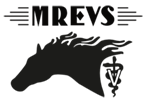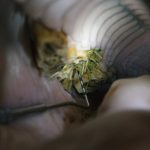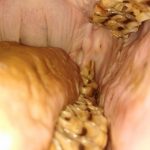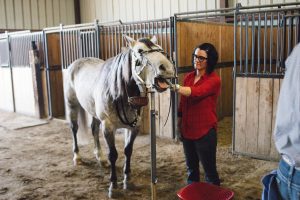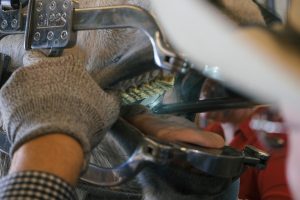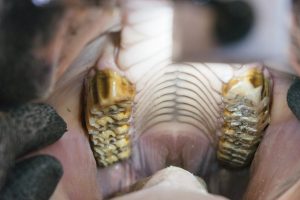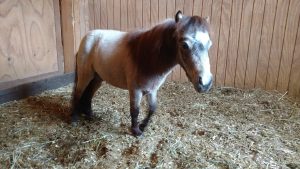Frequently Asked Questions
Yes, it is absolutely true. In the state of California, the law says anyone who engages in any aspect of the practice of veterinary medicine, veterinary surgery, or veterinary dentistry without a valid license is doing so illegally. It is also illegal for any non-veterinarian to administer any type of drug, or allow another person, such as the owner, to administer any type of drug or medication. A non-veterinarian cannot legally diagnose or recommend treatment in any case. Here is the what California law says regarding the practice of equine dentistry:
The term “dental operation” as used in Business and Professions Code section 4826 means:
- The application or use of any instrument or device to any portion of an animal’s tooth, gum or any related tissue for the prevention, cure or relief of any wound, fracture, injury or disease of an animal’s tooth, gum or related tissue; and
- Preventive dental procedures including, but not limited to, the removal of calculus, soft deposits, plaque, stains or the smoothing, filing or polishing of tooth surfaces.
- Nothing in this regulation shall prohibit, however, any person from utilizing cotton swabs, gauze, dental floss, dentifrice, toothbrushes or similar items to clean an animal’s teeth
Only a veterinarian has the medical knowledge to understand and treat a dental condition that may affect the overall health of a horse. Since most dental procedures irreversibly change the horse’s teeth, it is most appropriate to allow a veterinarian to perform such procedures. Any procedure can become extremely dangerous and detrimental to your horse’s health if left in the care of the wrong hands. Make sure your equine dentist is a licensed veterinarian, preferably one who specializes in dentistry. You would not trust someone who wasn’t a board-certified dentist to work inside your mouth. Why should you expect anything less for your horse?
Yes, they are extremely safe in capable hands and work with much more precision than hand tools. We have many different tools designed for specific use inside the mouth. These tools allow the doctor to address a variety of issues with a precision and accuracy that is impossible to achieve with hand tools. These tools are able to work on teeth without harming soft tissue. Using motorized tools allows for a more consistent job in the mouth, and reduces the risk of fractured teeth, malocclusion caused by misalignment between arcades and creates much less pressure on the mouth and jaw during the procedure.
Before and after. You can see the sharp points on the left side that have been smoothed and taken away on the right side, relieving the discomfort of the sharp points in the cheek.
Adult teeth begin erupting around age 1. By age 2, the first molars are through and the incisors will begin erupting. At this point, it is a good idea to have your horse seen by the dentist. Early dental care can ensure proper eruption of adult teeth and prevent issues that can cause pathological damage in a young mouth. After the initial visit, Dr. Johnson can advise on the duration between routine check-ups, but usually, it is recommended that your horse see the dentist every year to maintain a healthy mouth. Even aged and/or retired horses need dental care. For a chart representing tooth eruption and more information about dental care, click here.
We treat all types of equids, and more! We have patients that are 18 inches tall, and we have patients that are 18 plus hands tall, and every size in between. We have short-eared patients, and we have long-eared patients. We even see some exotic animals such as African Oryx, Zebra, and Sicilian Donkeys. All breeds, sizes, and disciplines. Young, old, fast or slow. All equids need routine dental care throughout their life to maintain a happy and well-balanced life!
Depending on the need inside your horse’s mouth, the procedure can take anywhere from 15 minutes (for horses who are maintained regularly) and up to 30 plus minutes. We never put a cap on our appointment times. Dr. Johnson always treats each horse as an individual and takes as much time that is needed for each horse to receive the care it needs, as well as taking the time to demonstrate, inform and answer any questions you may have regarding the health and well-being of your horse.
Your horse may show outward signs of pain and irritation by fighting the bit, dropping feed, or you may smell a foul odor coming from the horse’s mouth. We are constantly amazed at the tolerance a horse may have against pain and discomfort, however, and by the time most owners notice any of these outwardly signs, the issue has progressed into a severe state. This is why routine dental appointments with an equine dentist at least once a year are extremely important. With proper dental care, these issues are more likely to be caught before they become severe or, in most cases, not likely to occur at all.
A bit seat is a controversial procedure in which the second premolars are rolled or reshaped at an angle, sometimes more than 45°, thought to decrease irritation to the teeth and/or soft tissue caused by the bit. There are many different arguments as to the necessity and usefulness of a bit seat. When looking at the actual procedure involved in creating a bit seat, one can plainly see that it involves reshaping or cutting the tooth in a manner that compromises the structure of the entire tooth. PERMANENT damage to the structures of the tooth are eminent with this procedure, and lifelong irritation and sensitivity are a guarantee. In some severe cases, there can be damage to the pulp, which causes severe pain and discomfort. Sometimes, the tooth itself will die, which can cause many issues and requires extraction. Logic tells us that it makes sense to find proper equipment to fit the mouth rather than to tailor the mouth to fit the equipment. The bit should never come in contact with the premolars when a horse is bridled, and should sit about an inch below these teeth, when properly fitted. If the bit comes in contact with the teeth,or the soft tissue is pushed or forced in such a way that it becomes irritated by the premolars, the bit/bridle does not fit properly, or the horse is being ridden and collected improperly and too severely. If you have questions regarding proper fit of any equipment for your horse, we will be glad to help you. Happy horses are the goal!!
Yes. We are always happy to offer better rates for groups or larger barns with 8 or more horses. Organize a clinic at your barn or with your friends and receive a special rate for your own horses. Call for more details.
